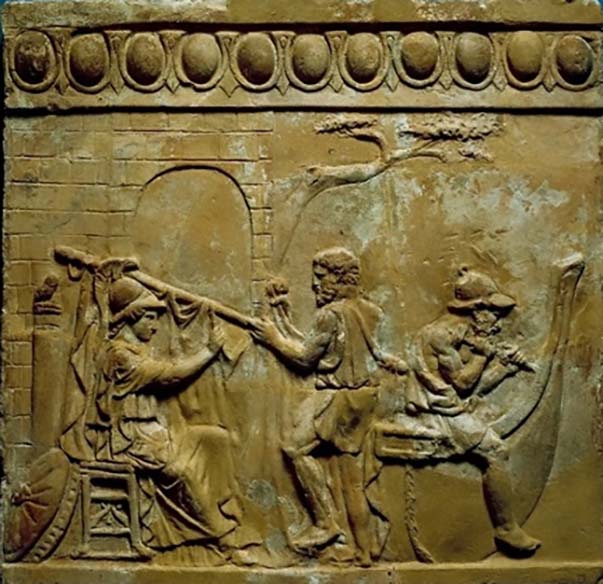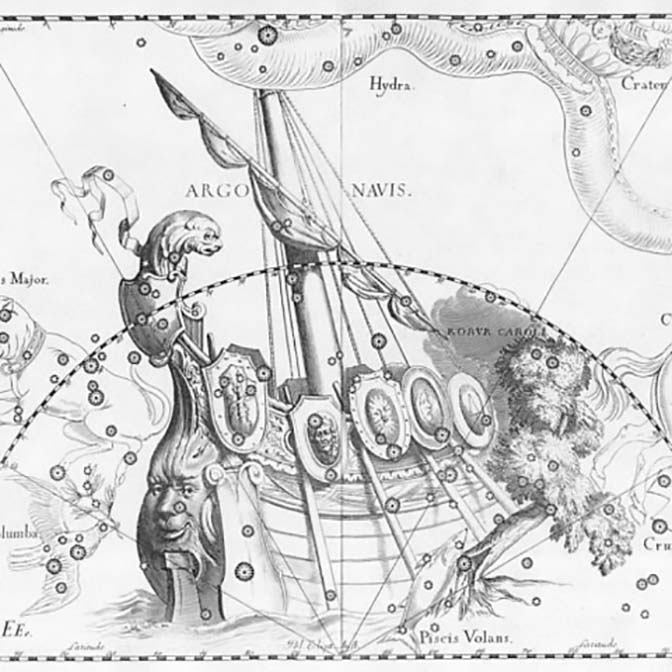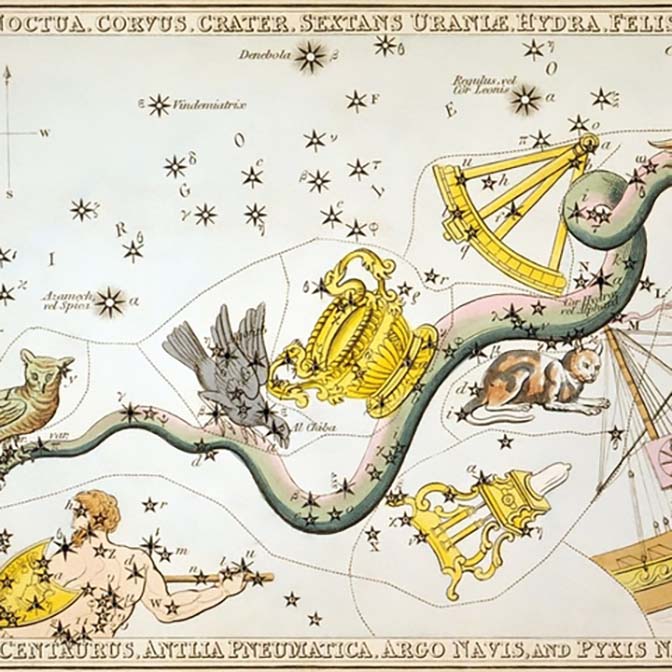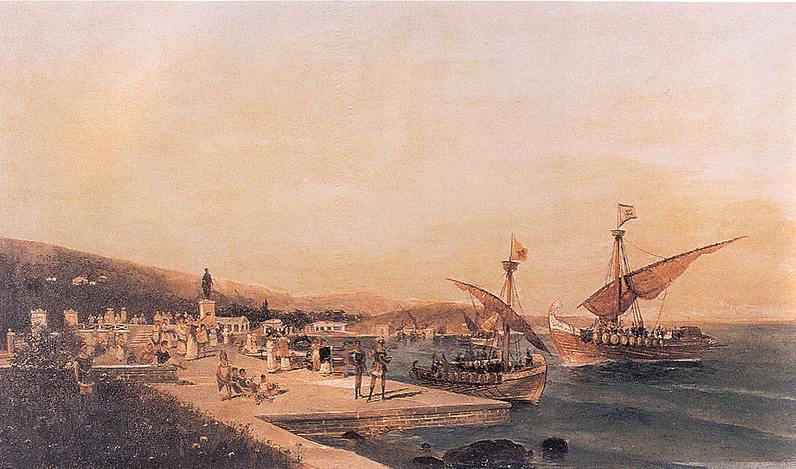Argus and the Argo
In Greek mythology, Argus (Ancient Greek: Ἄργος) was the builder and eponym of the ship Argo, and consequently one of the Argonauts; he was said to have constructed the ship under Athena's guidance.
Argus was commissioned to build the Argo by King Pelias (ruler of Iolcus) so that the crew that would come to be known as the Argonauts could find and bring the Golden Fleece back to Iolcus, which was in Thessaly.

Argus parentage is debated, but most often he is referred to be the son of Arestor. Arestor, a member of the Argive royal house, is given as his father by Apollonius Rhodius and John Tzetzes, but Hyginus says Argus' parents were Polybus and Argia or Danaus to be his father.
In Valerius Flaccus' Argonautica, Argus is said to have originated from Thespiae. Argus was also credited with creating a wooden statue of Hera that was a cult object in Tiryns.
King Pelias did not believe that the crew would be able to come back with the Golden Fleece successfully because he knew that the king of Colchis would not part with it easily, and that a never-sleeping dragon guarded it.
So the King gave Jason (leader of the Argonauts and son of Zeus) all the timber and the crew he needed. Argus was then selected to build the ship, and he was said to have constructed the ship under Athena's guidance.
Athena with the help of Argus put a piece of a sacred oak on the prow of the ship that was taken from the sacred grove of Zeus at Dodona. This sacred piece of wood has the ability to speak in times of danger and advise Jason, the leader of the Argonauts, what to do.
Argus did such a great job constructing this ship that at the time it was referred to the "most seaworthy ship ever seen". The Argo was also notably the first ship that Argus ever built.

Argus as one of the Argo’s crew included the very well known Greek heroes: Jason, the leader, Augeas, Theseus, Meleager, Peleus, Telamon, Nauplius, Orpheus, and Heracles. Many of the crew were fathers of Trojan War heroes.
He should not be confused with the hundred-eyed giant Argus Panoptes.

Sources
Apollonius Rhodius, Argonautica, 1. 4 with scholia, 1. 112; 1. 226
Argonautica 1. 112
Tzetzes on Lycophron 883: "[son] of Arestor or Alector"
Hyginus, Fabulae, 14
Hyginus. Fabulae, 14.5
Valerius Flaccus, Argonautica, 1. 93 & 124
Apollonius Rhodius, Argonautica, 1. 1119, 2. 613













